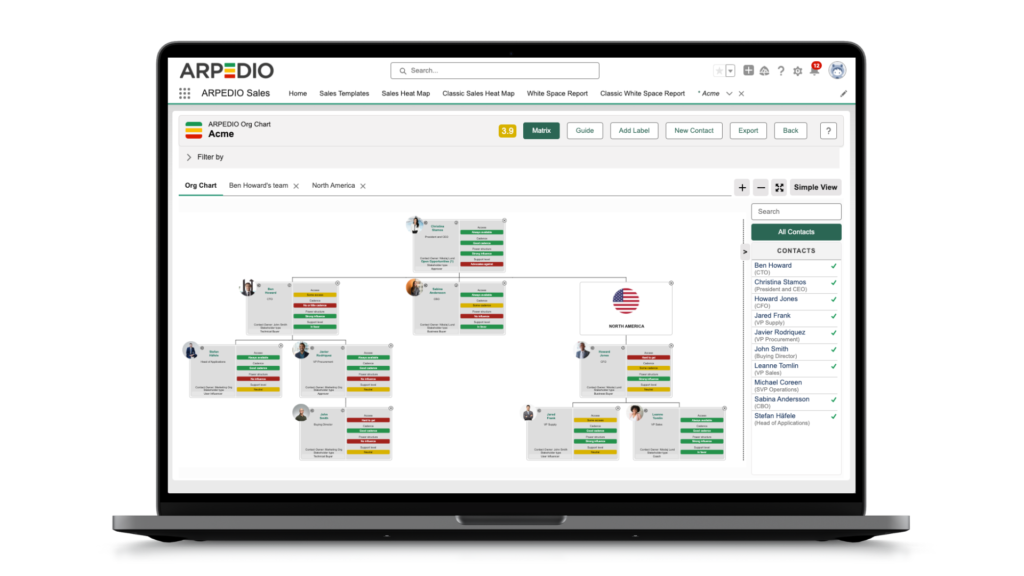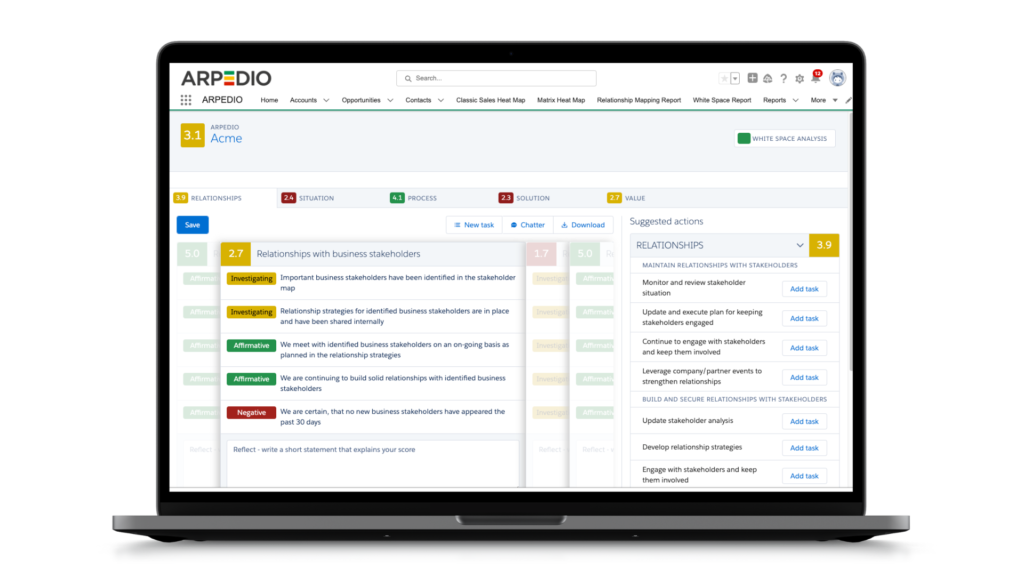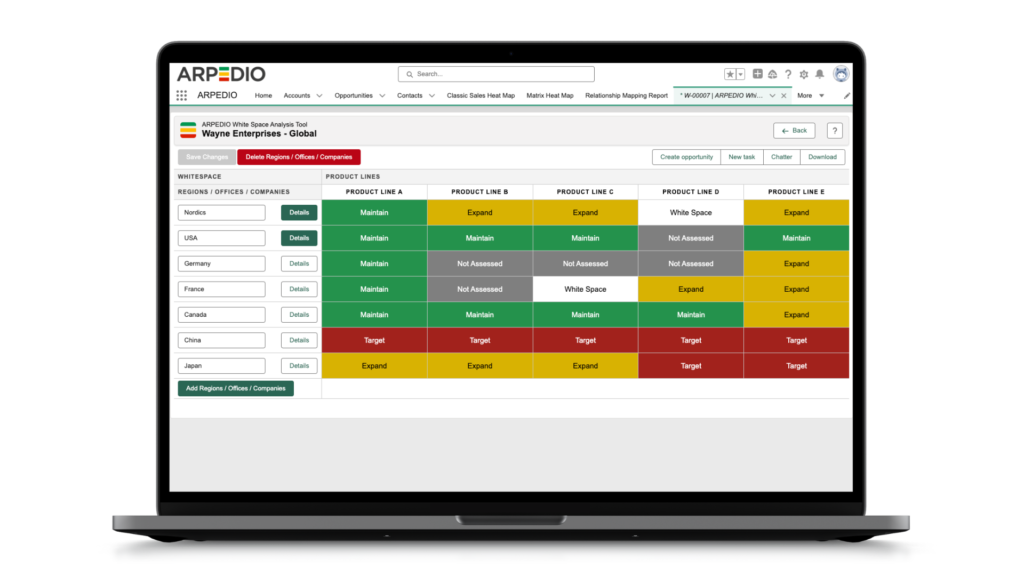In today’s competitive business landscape, effective account management plays a pivotal role in fostering long-term client relationships and driving sustainable growth. Account management involves the strategic management of client accounts to ensure their needs are met, their expectations are exceeded, and their businesses thrive. It encompasses various tasks such as understanding client objectives, coordinating internal resources, and providing personalized support and solutions.
However, despite its importance, account management is not without its challenges. From communication barriers to balancing client expectations with company resources, account managers often face numerous obstacles in their day-to-day operations. These challenges can hinder productivity, strain relationships, and ultimately impact the bottom line.
Addressing these challenges is crucial for business success. Effective account management not only strengthens client satisfaction and loyalty but also enhances the overall reputation and profitability of the organization. By overcoming these obstacles, businesses can unlock new opportunities, foster deeper connections with clients, and drive sustainable growth in the long term.
Understanding the Landscape of Account Management
Definition of account management
Account management refers to the strategic process of overseeing and nurturing relationships with clients or customer accounts. It involves understanding the unique needs and objectives of each client, coordinating internal resources to meet those needs, and ensuring client satisfaction and loyalty over time. Account management goes beyond mere transactional interactions; it focuses on building long-term partnerships that drive mutual success and growth.
Role of account managers in fostering client relationships
Account managers serve as the primary point of contact between the organization and its clients. Their role is multifaceted, involving elements of sales, customer service, and strategic planning. Account managers are responsible for understanding the client’s business goals, anticipating their needs, and proactively offering solutions to address challenges or seize opportunities. Additionally, they play a crucial role in building trust, rapport, and lasting relationships with clients, serving as advocates for their needs within the organization.
Types of accounts and their unique challenges
In account management, clients can vary widely in terms of size, industry, and specific needs. Some common types of accounts include:
- Key Accounts: These are high-value clients that contribute significantly to the organization’s revenue and strategic objectives. Managing key accounts requires a deep understanding of their business dynamics, as well as personalized attention to ensure their continued satisfaction and loyalty.
- Small and Medium-sized Enterprises (SMEs): SMEs often have unique challenges, such as limited resources and budget constraints. Account managers must be adept at providing tailored solutions that deliver value within these constraints, while also nurturing these clients for potential future growth.
- Enterprise Accounts: Large-scale enterprises typically have complex organizational structures and decision-making processes. Account managers working with enterprise accounts must navigate these complexities, build consensus among stakeholders, and deliver solutions that align with the organization’s overarching objectives.
- New Business Accounts: Acquiring new clients presents its own set of challenges, including competition, market saturation, and building brand credibility. Account managers tasked with securing new business must leverage their sales and relationship-building skills to attract and onboard new clients effectively.
Key Challenges in Account Management
Communication barriers
- Internal communication challenges: Account managers often encounter obstacles when communicating internally with other departments or team members. These barriers may include siloed information, conflicting priorities, or lack of clarity regarding roles and responsibilities.
- External communication challenges with clients: Communicating effectively with clients can also pose challenges, particularly in diverse or global environments. Language barriers, cultural differences, and differing communication preferences can hinder clear and efficient communication between account managers and their clients.
Balancing client expectations and company resources
- Managing client demands within the scope of resources: Account managers must navigate the delicate balance between meeting client expectations and working within the limitations of company resources. This challenge often involves prioritizing tasks, allocating resources strategically, and setting realistic timelines to ensure client satisfaction without overextending the organization.
- Setting realistic expectations and boundaries: Aligning client expectations with what the organization can feasibly deliver is essential for maintaining healthy client relationships. Account managers must effectively manage client expectations by clearly defining deliverables, outlining project scopes, and communicating any limitations or constraints upfront.
Handling difficult clients
- Identifying different types of difficult clients: Difficult clients can manifest in various forms, including those who are demanding, indecisive, or overly critical. Account managers must be able to recognize the signs of difficult clients and understand the underlying reasons for their behavior.
- Strategies for managing and retaining difficult clients: Successfully managing difficult clients requires a combination of patience, empathy, and conflict resolution skills. Account managers can employ strategies such as active listening, setting boundaries, and offering proactive solutions to address client concerns and maintain positive relationships.
Maintaining client satisfaction and loyalty
- Strategies for enhancing client satisfaction: Continuously exceeding client expectations is essential for fostering satisfaction and loyalty. Account managers can implement strategies such as regular check-ins, soliciting feedback, and delivering value-added services to enhance the client experience.
- Importance of proactive relationship management: Proactive relationship management involves anticipating client needs, staying ahead of potential issues, and nurturing relationships beyond transactional interactions. By actively engaging with clients and demonstrating genuine care and commitment, account managers can cultivate long-lasting partnerships built on trust and mutual success.
Strategies for Overcoming Account Management Challenges
Improving communication processes
- Implementing effective communication tools and platforms: Utilizing modern communication tools such as project management software, video conferencing platforms, and instant messaging applications can streamline communication both internally among team members and externally with clients. These tools facilitate real-time collaboration, document sharing, and efficient information exchange.
- Regular training and skill development for account managers: Providing ongoing training and professional development opportunities for account managers can enhance their communication skills, interpersonal abilities, and conflict resolution techniques. Training sessions focused on effective communication strategies, active listening, and cultural sensitivity can empower account managers to navigate communication challenges more effectively.
Creating clear guidelines and expectations
- Establishing transparent communication channels: Clear and transparent communication channels between account managers and clients are essential for aligning expectations and avoiding misunderstandings. Implementing structured communication protocols, such as regular progress updates, status reports, and milestone reviews, ensures that both parties remain informed and on the same page throughout the engagement.
- Setting realistic goals and milestones: Collaboratively setting achievable goals and milestones with clients helps manage expectations and prevent potential scope creep. Account managers should work closely with clients to define project objectives, establish timelines, and outline deliverables in a manner that is both realistic and feasible given the available resources and constraints.
Building strong client relationships
- Investing in relationship-building activities: Building strong client relationships requires investment in proactive relationship-building activities such as networking events, client appreciation initiatives, and personalized interactions. By demonstrating genuine interest and investment in their success, account managers can foster trust and loyalty among clients.
- Personalizing the client experience: Tailoring the client experience to align with individual preferences and preferences can significantly enhance client satisfaction and loyalty. Account managers should take the time to understand each client’s unique needs, preferences, and communication styles, and adapt their approach accordingly to deliver a personalized and memorable experience.
Leveraging technology for enhanced efficiency
- Utilizing CRM systems for better account management: Implementing customer relationship management (CRM) systems enables account managers to centralize client information, track interactions, and manage workflows more efficiently. CRM platforms provide valuable insights into client preferences, behaviors, and engagement history, enabling account managers to deliver more personalized and targeted services.
Conclusion
In conclusion, effective account management is essential for fostering long-term client relationships and driving business success. However, account managers often face various challenges that can hinder productivity, strain relationships, and impact the bottom line. From communication barriers to balancing client expectations with company resources, and handling difficult clients to maintaining satisfaction and loyalty, these challenges are diverse and multifaceted.
Addressing these challenges requires a proactive approach and the implementation of strategic solutions. By improving communication processes, creating clear guidelines and expectations, building strong client relationships, and leveraging technology for enhanced efficiency, account managers can overcome obstacles and unlock new opportunities for growth.
Ultimately, investing in effective account management practices not only strengthens client satisfaction and loyalty but also enhances the overall reputation and profitability of the organization. By continuously striving to overcome challenges and deliver exceptional service, businesses can foster lasting partnerships built on trust, mutual success, and shared goals.












